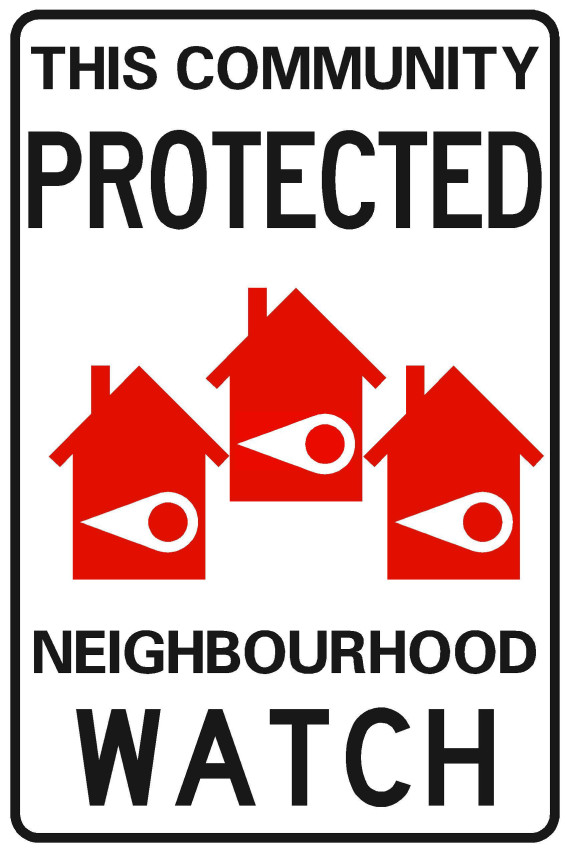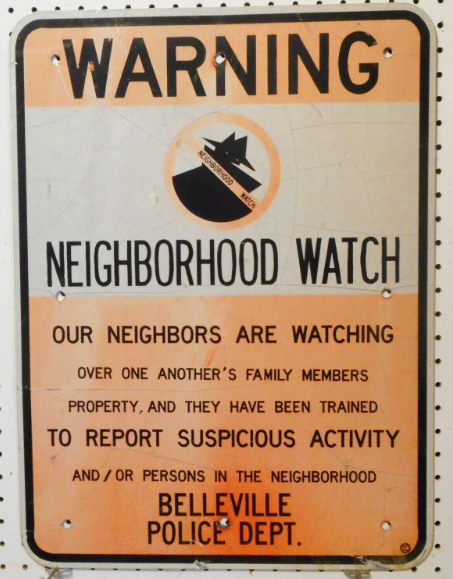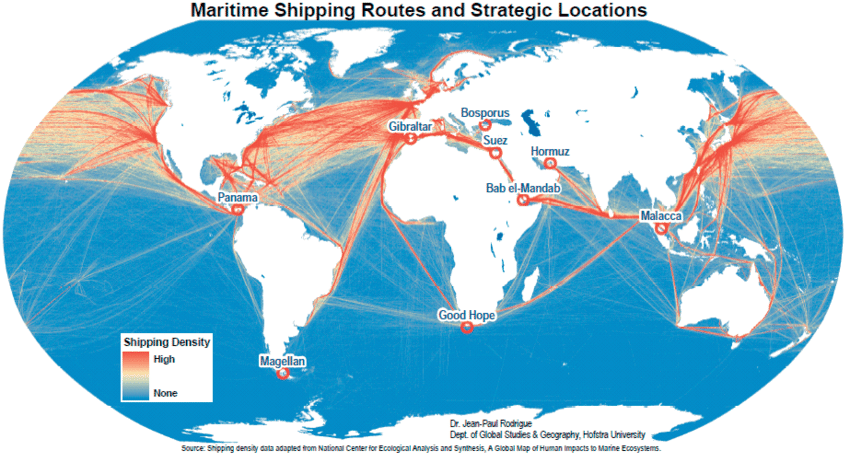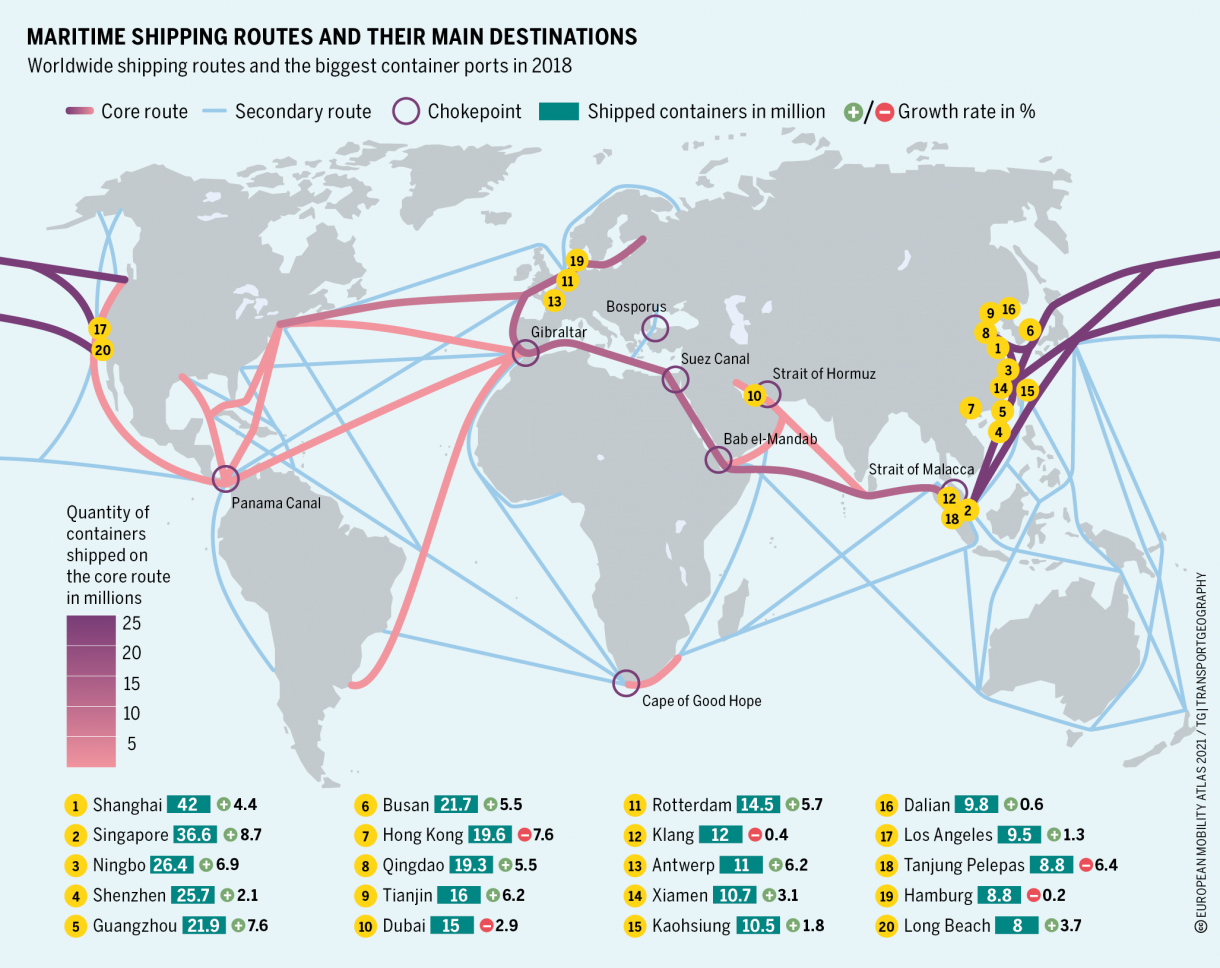The "patsoc" ideas which promote patriotism in the imperial core and reject decolonization are much different from the socialist patriotism which is anti-imperialist and decolonial. DPRK does uphold socialist patriotism, which is regarded as part of its internationalist duty of completing the Korean revolution by focusing the majority of its attention on Korea, to make sure their revolution is successfully carried out, and which is specifically against promoting national chauvinism, and rejects racism.
DPRK's emphasis on looking inward for solving its problems and on self-reliance come from Korea's specific conditions. Specifically, Korea has been a battleground for world powers for much of its existence and historically had strong ideological currents of subservience to larger powers influencing its politics, which posed obstacles for progressive/revolutionary movements in Korea since feudal times and into the modern era. After DPRK was formed, it also had to deal with the issue of different influential strains of thought among socialist countries, including its powerful neighbors, Russia and China, during the Sino-Soviet split. The opening of China and the fall of the Soviet Union led to further inner debates. DPRK's emphasis on focusing on its own conditions is a necessity for it to avoid dogmatically following other states' lines and thus committing errors in its own revolution, not a blanket rejection of foreign ideas.
I am still learning about Songun, but from what I have read so far, it seems to have its roots in the Cuban missile crisis where US aggressions were ramping up, and finally came to the fore as policy during the Arduous March, when the US was trying to use the economic upheavals after the fall of the Soviet Union, with the US attempting to end DPRK by intentionally starving its people to death. It was determined that in order for Korea to complete its revolution and defend socialism, it would be necessary to heavily prioritize defense due to DPRK being under constant mortal threat from imperialism. Edit: Also, with DPRK's more recent nuclear developments, I believe the policy of Byungjin (parallel development of military and economy) has returned to the fore, though I may be wrong about that. I'd appreciate being corrected if someone knows.
Kim Il Sung on socialist patriotism, preventing chauvinism, and rejecting isolationism
In educating the working people in socialist patriotism, care should be taken to prevent the growth of tendencies to national chauvinism and restorationism. One may be apt to head for chauvinism on the plea of building an independent national economy by one’s own efforts and promoting national pride. If we steer in the direction of chauvinism as Regent Taewongun pursued a policy of national isolation, we will come to reject international exchange and advanced science and technology from other countries and, accordingly, hinder the development of our country. Likewise, it is wrong for us to dislike reading foreign books and feel disinclined to learn foreign languages on the grounds of building an independent national economy and establishing Juche in science. It does not always follow that one is infected with revisionism because one reads foreign technical books and that one becomes pro-Japanese or pro-American because one learns Japanese or English. When learning foreign languages we must not lay stress on any one of them but study Russian, Chinese, English, French and other languages. The point is to learn them for the good of the people and for contributing to the rapid development of the socialist motherland, without engaging in flunkeyism. Besides inspiring the working people with national pride, we should educate them better in the spirit of internationalism. Thus, we will fight resolutely against the imperialists and Right and “Left” opportunists, in unity with the peoples of the socialist countries, and in close unity with many other peoples of the world.
quote about preventing dogmatism in solving problems in the revolution without mechanically copying others
From the work "Modern Korea" by Kim Byong Sik
For countries such as Korea, where the working class has conquered power and established a dictatorship of the proletariat, it is vital to the success of the revolution to work out correct theoretical propositions concerning the transitional period: How to understand the significance and nature of the transitional period, how to set the various tasks of the transitional period according to its different stages, and how to analyze inter-relationships between the transitional period and the dictatorship of the proletariat.
Despite the importance of these questions to the revolution, there has been insufficient clarification and various deviations have been committed, with the result that immeasurable damage has been done to the practical struggles for socialist and communist construction. This urgent problem -- the task of solving correctly, theoretically, the question of the transitional period and the dictatorship of the proletariat- was accomplished by Kim Il Sung, in detail, on the basis of the revolutionary principles of Marxism-Leninism.
His ideas and theory were developed in his work, Questions of the Transitional Period from Capitalism to Socialism and the Dictatorship of the Proletariat. In this work, he said:
As with all other scientific and theoretical questions, questions of the transitional period should be solved on the basis of the Juche idea of our Party. We should never try to solve these questions dogmatically by becoming slaves to the classical propositions on this question, nor should we be influenced by subservient ideas and follow others in the solution these questions.
In the interpretation of classical propositions it is essential to understand the historical circumstances and the premise on which the classical works were based. Only on this basis is possible to understand the content of classical propositions and to grasp their revolutionary meaning. If the historical circumstances are ignored, it will lead inevitably to a one sided and dogmatic interpretation or to a revisionist interpretation that seriously distorts the revolutionary content.
Specifically, if a classical proposition is applied mechanically to a changed situation, without considering the historical circumstances and theoretical premises related to the proposition, not only will a fundamental error be committed in the theoretical solution of the question but a decisive error in practice will also result. Thus, to solve the problems of the transitional period and the dictatorship of the proletariat, it is necessary to base ourselves firmly on the revolutionary propositions of Marxism-Leninism and, at the same time, to uphold the Juche idea of applying them creatively to suit the constantly changing and developing actual conditions of the revolution.
I recommend this essay on ProleWiki, The Cleanest Farce: How "Experts" Distort the DPRK, and the page about Juche which has sections about Juche's relationship to dialectical materialism and to Marxism-Leninism specifically. Tl;dr is that ML is seen as a correct revolutionary idea but that it, being very old by now and being formulated in the world's first successful socialist revolution, it lacks certain concrete details about socialist construction in the present day and also (naturally) has a different context than Korea's revolution. Therefore it is regarded as a basically correct idea for revolutionaries to follow, but that following it dogmatically is an insufficient application of it, and all countries will need to forge their own path to suit their own conditions as they are confronted with the task of socialist construction and defending the revolution in the present conditions. Juche takes the dialectical materialist view of the world, and it is just dealing more with how people can have a certain attitude and point of view to successfully carry out revolution.





I suggest studying some Korean history and reading the works of DPRK's leaders and other DPRK authors directly and over time you can form your own evaluation of what they believe and why they have implemented particular policies at various times. I don't have time to write more on it at the moment but you can find some of Kim Jong Il's views on Marxism, Marxism-Leninism, socialist construction, and Juche here.